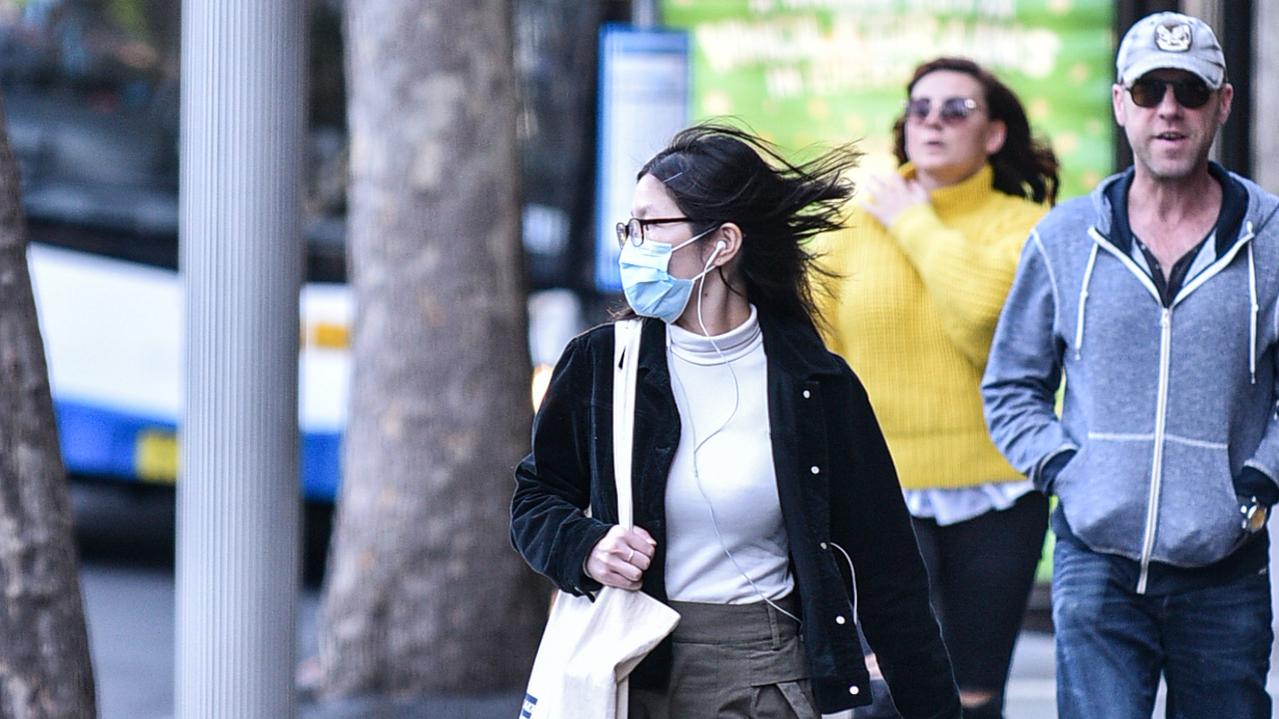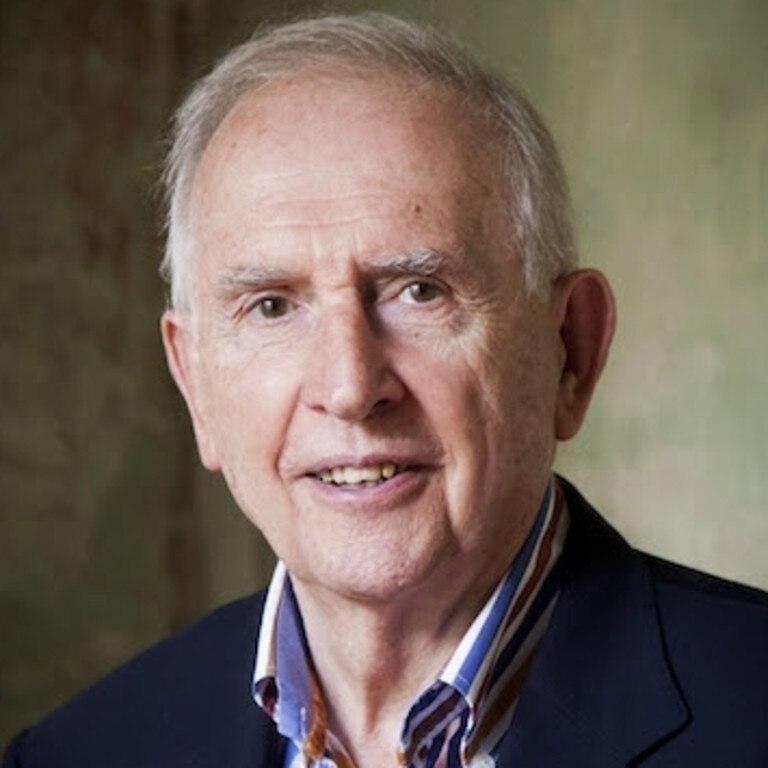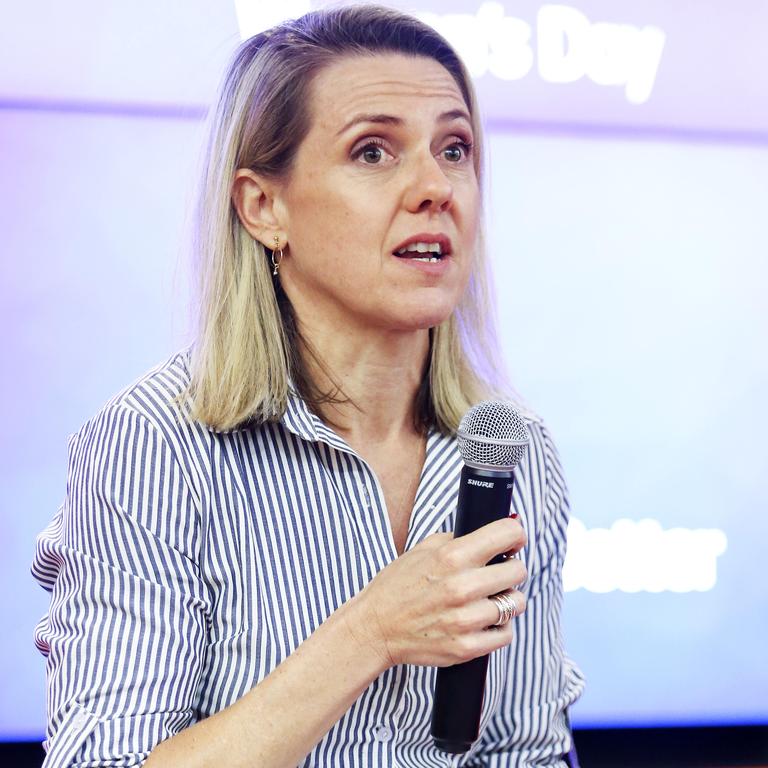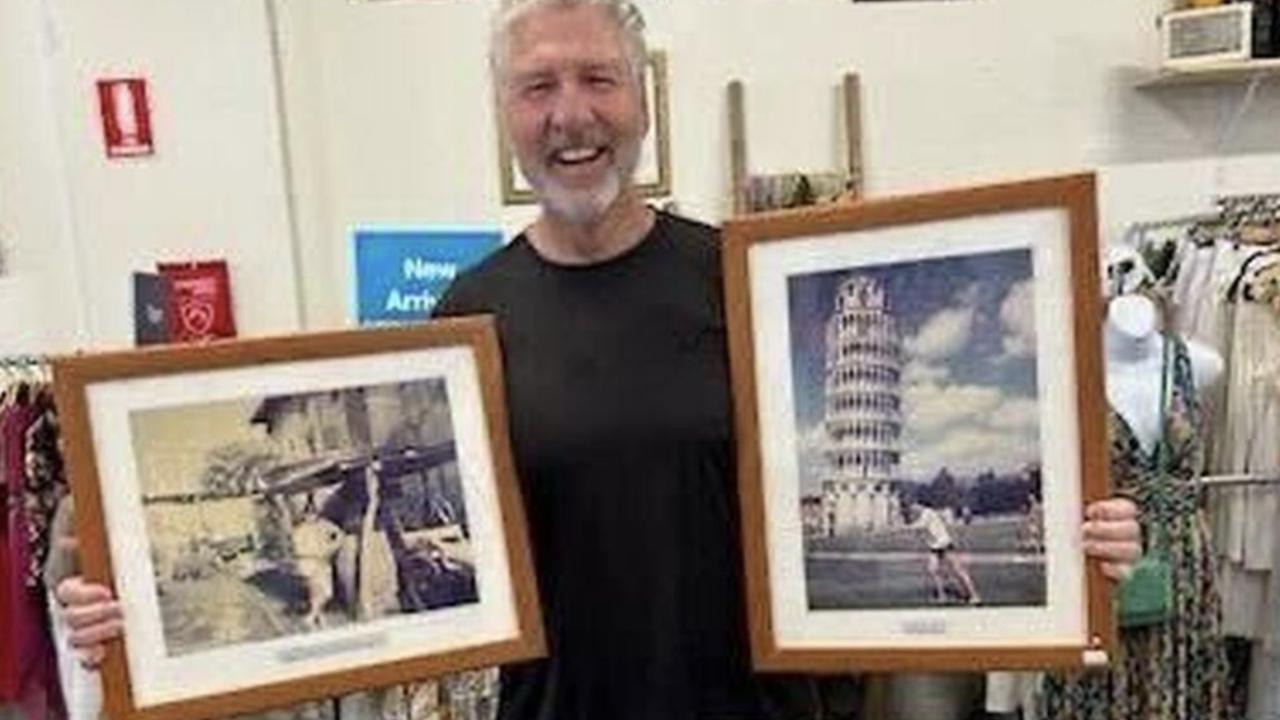Hugh Mackay on why younger Australians are so unhappy
Young people have more opportunity at their fingertips than ever before, but have record high rates of unhappiness — and there’s one reason why.
Shocking unemployment numbers, social upheaval — no, we’re not talking about 2020.
The coronavirus pandemic might have seen huge numbers of us out of work while those of us who had jobs were suddenly grappling with how to work from home, but it’s far from the worst period in Australian history.
Instead that would have to be the Great Depression, which began in 1929 and ended almost a decade later.
Those alive during the Great Depression were also likely to have also been alive during at least one world war (if not both), as well as the Spanish flu pandemic, which lasted from 1918 to 1920.
RELATED: Mum’s life-changing ‘selfish’ daily habit

It might be surprising to hear then that those who grew up during the Great Depression described themselves as “the lucky generation”.
Social researcher and psychologist Hugh Mackay interviewed many Australians who lived through the 1930s, telling news.com.au’s podcast How to be Happy the hardship was the making of them.
Mr Mackay has authored 19 books including his most recent one, The Inner Self: The joy of discovering who we really are.
“People who lived through the Great Depression — and it was a dreadful time, unemployment was much worse than it is now, a lot of people doing it really tough, a lot of neighbourhoods having to band together to look after people who couldn’t put food on their table, all that sort of stuff,” he told host Kate de Brito.
“The thing that I heard repeatedly from that generation was weren’t we lucky to have such tough, formative years, because that really taught us what matters, really taught us the value of neighbours … we got our priorities straight and we never forgot those lessons.”
In contrast young people today have never dealt with hardship in the same way as older generations, Mr Mackay said.
RELATED: Fashion queen’s bedroom rule

“I think we’ve been doing a huge disservice to the rising generation, young Australians, by trying to make the path so smooth for them — as you say prizes for everyone, gold stars for everyone breathing,” he said.
“This is to say we are removing or we are at risk of removing all of the things that are so crucial to a person’s learning and development.”
Another problem was that people today thought they were “entitled” to be happy all the time and therefore “building in the guarantee” of being disappointed when it doesn’t happen, he added.
“We’ve elevated the pursuit of happiness to such an absurd position that we’ve created an expectation in a whole generation of young Australians that they’re entitled to be happy,” Mr Mackay said.
RELATED: Jessica Rowe’s ‘pretty crap’ work admission

Instead young people needed to know that happiness “comes and goes” and is “just one of a very broad spectrum of emotions that we experience”.
“Those emotions exist to tell us how we’re responding to what’s going on around us and none of those emotions would make sense without the context of all the others,” Mr Mackay said.
“Happiness is a state we recognise by contrast with sadness” while success can be differentiated “by contrast with failure”.
“The problem is the pursuit of happiness, the idea that happiness is a suitable goal of life or that happiness is supposed to be our sort-of default position,” he said.
RELATED: Why man left six figure job to be a PT

“And I think there are a couple of really serious things wrong with this idea that we’re all meant to be happy and that life should all be about seeking happiness.”
Instead a “meaningful life” can be achieved by finding what gives you a “rich sense of meaning and purpose” and doing it.
“It actually doesn’t have anything to do with whether you’re feeling happy moment to moment, it has to do with whether you’re demanding satisfaction from what you’re doing,” Mr Mackay said.
Listen to the full interview with Hugh Mackay on the How to be Happy podcast, available to stream now on Apple Podcasts and Spotify.




